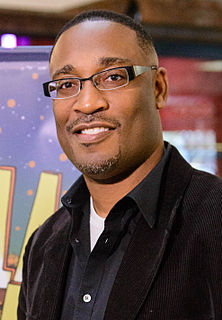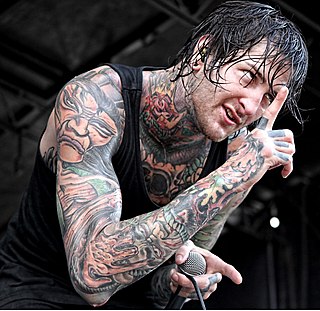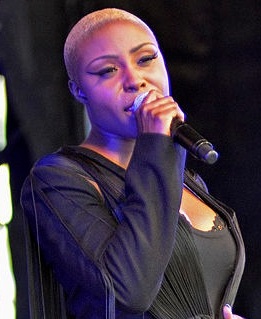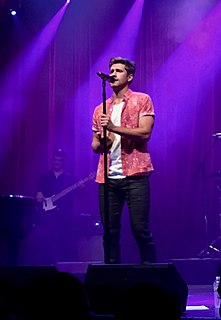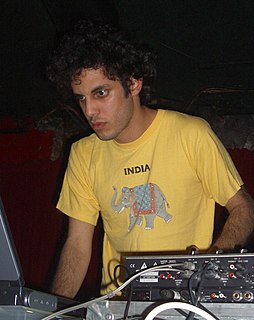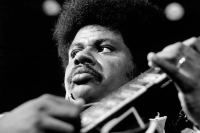A Quote by Bobby McFerrin
Miles Davis turned his back to the audience when he came out on stage, and he offended people. But, he wasn't there to entertain; he was all about the music. I kind of do that.
Related Quotes
Normally classical music is set up so you have professionals on a stage and a bunch of audience - it's us versus them. You spend your entire time as an audience member looking at the back of the conductor so you're already aware of a certain kind of hierarchy when you are there: there are people who can do it, who are on stage, and you aren't on stage so you can't do it. There's also a conductor who is telling the people who are onstage exactly what to do and when to do it and so you know that person is more important than the people on stage.
The next film I have is called Miles Ahead, which is about Miles Davis, during a five-year period in his life during which he's struggling to figure out which direction to go musically and in his life. I play a record executive who's there to try to get Miles to collaborate with one of my clients. I'm excited to see that.
I got a chance to work with Miles Davis, and that changed everything for me, 'cause Miles really encouraged all his musicians to reach beyond what they know, go into unknown territory and explore. It's made a difference to me and the decisions that I've made over the years about how to approach a project in this music.
For me, a wake-up playlist completely depends on what mood I'm in. If I need to get into action pretty quick, it will be between Beyonce and Miles Davis. I'm a massive Beyonce fan, and all of her anthems will do it for me. And Miles Davis, because I grew up hearing his music because my dad played it a lot, so that will always be special to me.
That's the thing about stage: It's something you can't find anywhere else. It's a two-and-a-half, three-hour experience, and it's a real relationship. You're sending out energy from the stage, but the audience is giving you back so much also, so that's also lifting you and pushing you forward as you're performing and giving you so much energy. You can't find it anywhere else, and that's why people get addicted to being on stage, and when they're not on stage are kind of looking for that and constantly searching for it.
Miles Davis had been in retirement for five or six years and he was coming out of retirement and he was looking for young guys. Somebody gave him my name and he called me and said, "Can you show up at Columbia Studios in two hours?" I'm like, "Whoa, is this the real Miles Davis?" He's like, "Yeah." So I showed up and yeah, it was intimidating, but music is so important to me that the intimidation was all before the notes started.
I believe in knowing all you can about the music and the people who made the music. I think it's much more important to know some good Miles Davis stories than to know how to play like Miles. I think you'll play better if you know some of the funny things he did than if you know the licks that he played.


